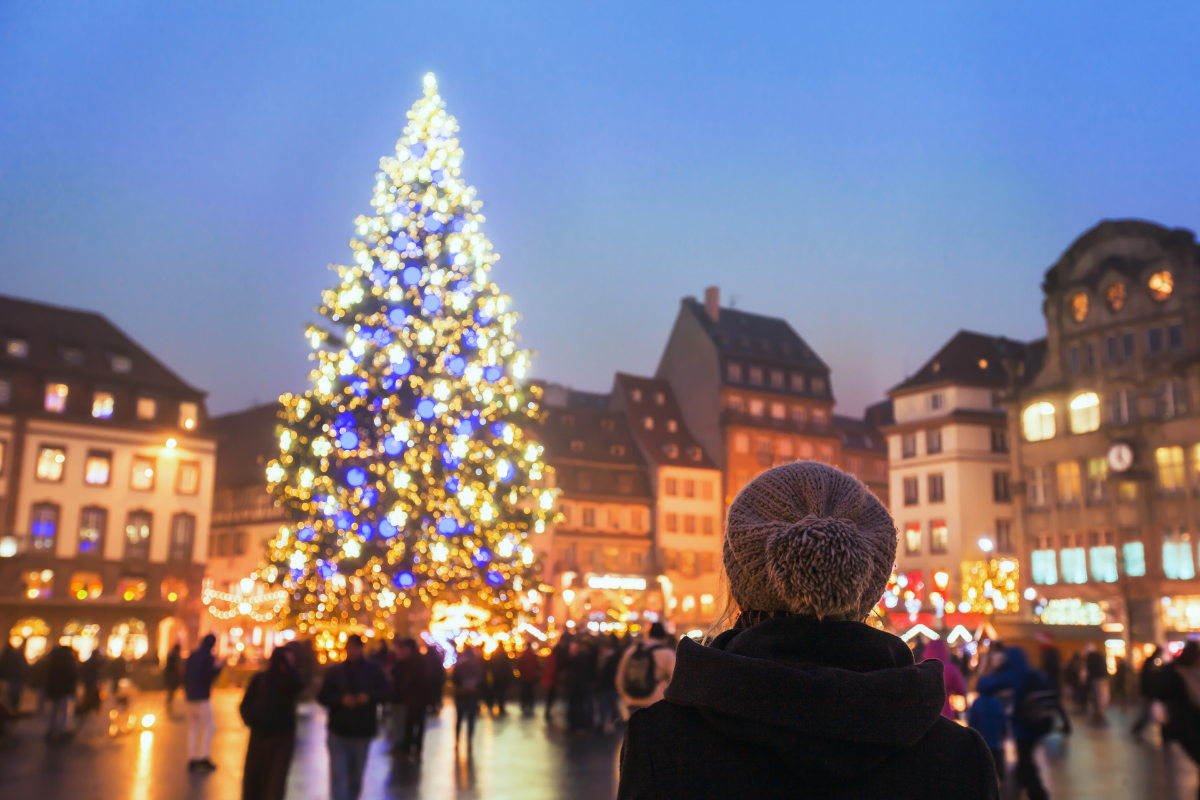
Christmas celebration in Europe will be different this year as the region faces a resurgence of coronavirus cases and lockdowns.
Scientists cautioned that loosening critical public health measures for the Christmas celebration in Europe could lead to greater transmission of the virus.
The U.K. government announced that restrictions on social gathering will be loosened between Dec. 23 and 27. It allows up to three households to create an “exclusive ‘Christmas bubble.’” According to the government's rules, people cannot change their Christmas bubble, can travel between tiers and U.K. nations, and meet their Christmas bubble in private homes or in the garden, places of worship, or public outdoor spaces.
Once the month-long lockdown in England is lifted on Dec. 2, it will return to a tiered system in which the gravity of restrictions on social gatherings will depend on the infection rate in that area. Meanwhile, non-essential shops will be allowed to operate, as well as gyms, hairdressers, and churches.
From Dec. 15, the lockdown in France will be lifted further based on the health situation. This could allow people in France to travel around the country and to meet family and friends.
Cinemas and theaters can reopen on Dec. 15 but bars, restaurants, and gyms will still be closed until later in January.
President Macron said there is no decision yet over whether ski resorts can operate this year.
In Italy, the prime minister ruled out big get-togethers at Christmas.
“If the contagion trend continues (downward), there won’t be any more red zones in December,” Prime Minister Giuseppe Conte said Tuesday, according to ANSA news agency. “But we cannot allow occasions of sociality in the Christmas period, starting with indiscriminate holidays on the snow.”
German Chancellor Angela Merkel had a meeting with federal state leaders about the restrictions that will be lifted for Christmas. Germany’s 16 states have been allowed to implement their own restrictions.
“This is absolutely not the time to sound the all-clear,” Merkel said on Wednesday in a press conference.
Germans are also urged to minimize contacts for seven days before Christmas to try to reduce the risk of infection.
Coronavirus cases in Europe
In October, the World Health Organization (WHO) expressed its concern over the coronavirus outbreak in Europe as the number of intensive care beds shrinks.
The spike of cases across the region compelled France to announce a public health state of emergency. Germany and the UK implemented new measures in an effort to contain the spread of the virus.
Dr. Hans Kluge, the head of the WHO’s Europe office, believes that the cause of the increase of new coronavirus cases is the public’s lack of compliance when it comes to health and safety protocols.
According to Maria Van Kerkhove, the WHO’s technical lead, Europe is not only seeing an increase in coronavirus cases. It faces an increase in hospitalizations and ICU admissions.
“We know of a number of cities across Europe where ICU capacity will be reached in the coming weeks,” Kerkhove said Friday during a press briefing at WHO’s Geneva headquarters. “That is concerning as we approach the flu season.”
Health authorities have warned that they are gearing up for the two bad viruses that would spread as the coronavirus outbreak bleeds in the flu season. Kerkhove asked people to “rally” together, adding the world is not in the same condition six months ago.
“We know so much more,” she said. “There is a lot of comparisons now versus what we were seeing in March. But the massive difference right now is that we have testing capacity increased, we have a public health workforce that has increased compared to where we were in March, we have medical facilities who have beds who are better trained and have better experience of dealing with Covid-19.”






